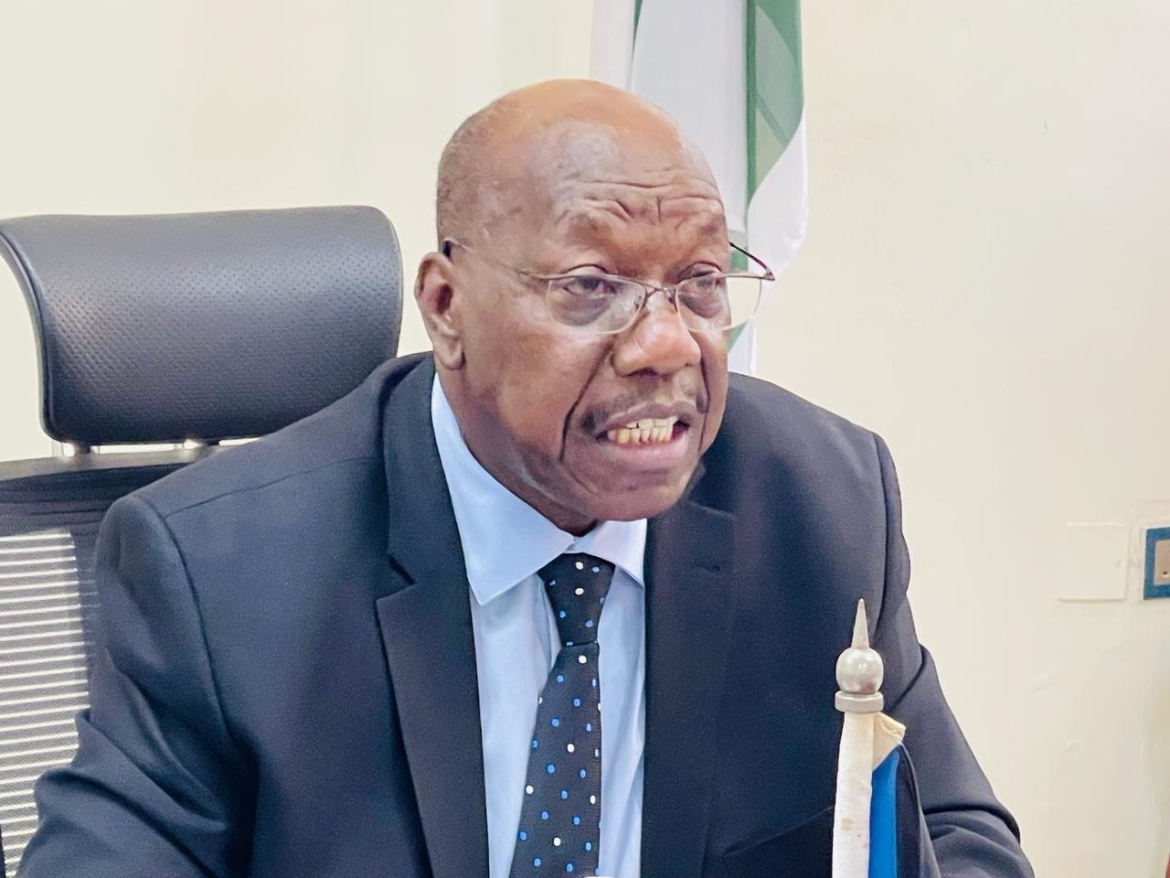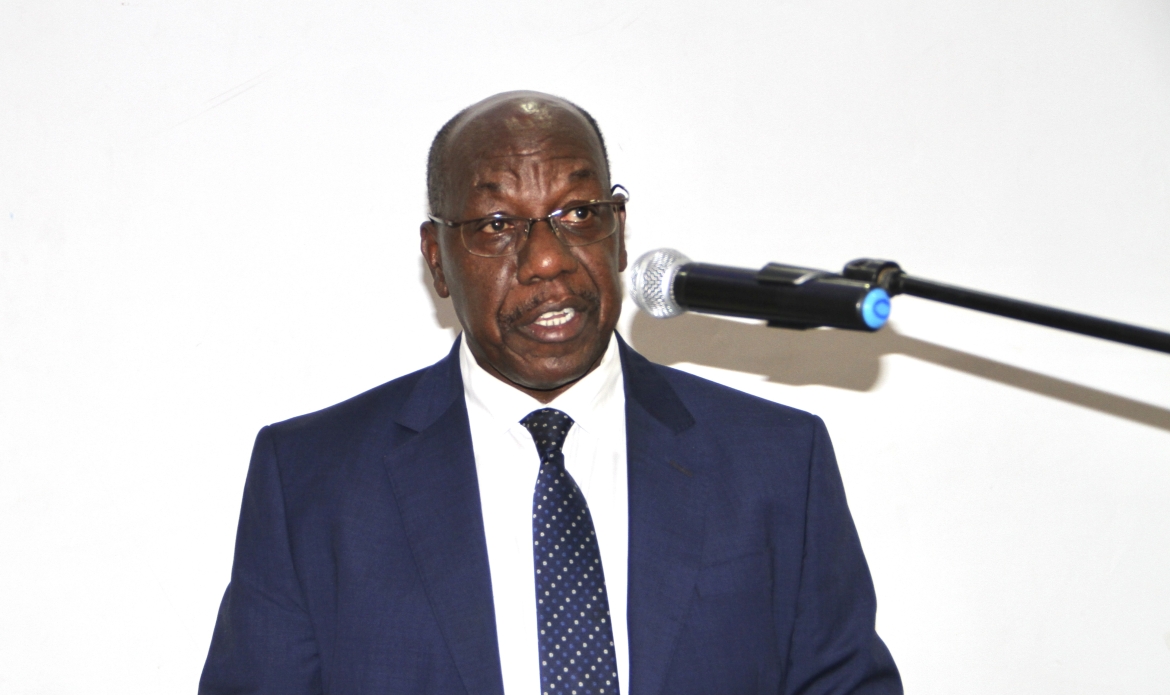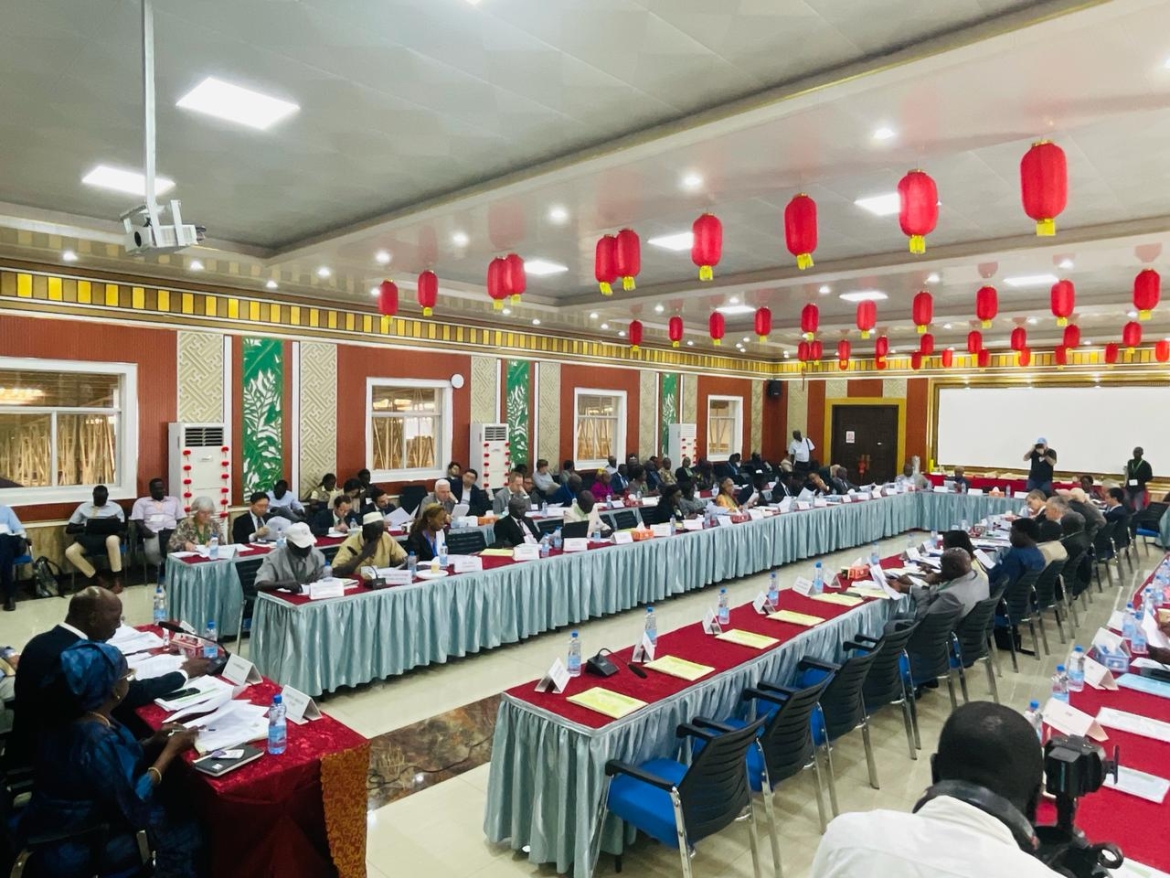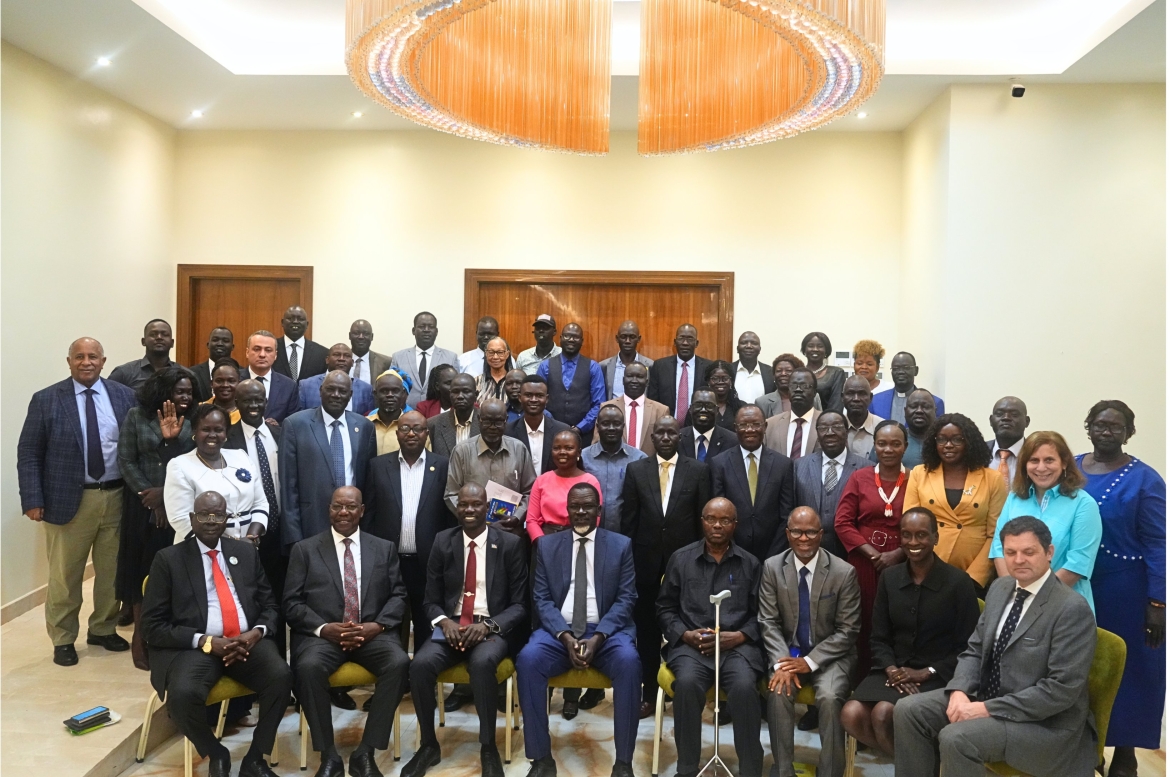LATEST: RJMEC Quarterly Report on the status of implementation of the R-ARCSS
The Reconstituted Joint Monitoring and Evaluation Commission (RJMEC) has released its latest quarterly report on the status of implementation of the Revitalised Agreement on the Resolution of the Conflict in the Republic of South Sudan (R-ARCSS). The report covers the last quarter of 2022.
Executive Summary
This report on the status of implementation of the Revitalised Agreement on the Resolution of the Conflict in the Republic of South Sudan (R-ARCSS) has been prepared pursuant to article 7.9 of the R-ARCSS. The report covers the period from 1 October to 31 December 2022 and builds on the previous quarterly Reports Nos. 001/19 - 016/22. It provides a status update on implementation of the thematic chapters of the R-ARCSS during the reporting period and since the approval of a Roadmap extending the Transitional Period from end-February 2023 to end-February 2025, with elections to be held in December 2024.
During the quarter, the Transitional National Legislature (TNL) considered and passed the National Police Service Bill, the SSPDF Bill, the Wildlife Service Bill, the National Police Service Bill, the Political Parties Bill, and the Constitution-making Process Bill. In December 2022, H.E. President Salva Kiir assented to the following six bills into law: the Constitution-making Process Bill 2022, the Transitional Constitution of the Republic of South Sudan 2011 (Amendment) Bill No.11, 2022, the National Police Service Act, 2009 (Amendment) Bill 2022, the National Civil Defence Service Bill 2022, National Prisons Service Act, 2011 (Amendment) Bill 2022 and the National Wildlife Service Act 2011 (Amendment) Bill 2022.
The Permanent Ceasefire largely continued to hold, but was severely strained by violence mainly between Lt Gen Simon Gatwech and Lt Gen Johnson Olony’s Agwelek forces in Upper Nile State. Lt Gen Johnson Olony’s forces also attacked South Sudan Peoples’ Liberation Army – In Opposition (SPLA-IO) Cantonment Sites in Jonglei State. The situation deteriorated further as armed Nuer Youth, from Jonglei State clashed with the Agwelek forces, and later launched several attacks on Shulluk communities in Upper Nile, prompting a response from the Shulluk armed youth. Tension was also high in Maiwut County of Upper Nile due to alleged clashes between SSPDF forces commanded by Lt Gen Ochan and forces of the SPLA-IO Division 5.
Although cases of SGBV by uniformed forces have reduced since the instituting of the SSPDF District Court Martials in 2020, RJMEC continues to receive CTSAMVM reports of rape cases allegedly committed by some within the armed forces. However, the SSPDF has been convening both General and District Court Martials to conduct trials of soldiers who committed crimes against civilians including SGBV, murder, looting, harassment, etc, as well as cases of military indiscipline, resulting in the conviction of some 42 individuals.
The ongoing sub national and intercommunal conflict taking place in Upper Nile and Jonglei continues to deter humanitarian partners from delivering life-saving assistance to thousands in need and has forced partners to halt interventions and relocate staff to safer locations, while humanitarian facilities were vandalized and supplies looted. This all contributed to a worsening humanitarian situation with UNOCHA warning that an estimated 9.4 million people in South Sudan will need urgent life-saving assistance and protection in 2023, compared to 8.9 million in 2022. At the same time violence against humanitarian workers is on the rise with one worker killed in the quarter, bringing to 9 the number killed during 2022.
A key aspect of resources management outlined in Chapter 4 is aimed at enhancing transparency and accountability in the handling of the country’s resources, and reforms to achieve transparency and accountability in the public sector are ongoing. In that regard, the National Audit Chamber’s laws to guarantee its independence have been drafted and resources provided to enable it to carry out its functions without political interference. At the same time, the Audit Chamber is reviewing government financial statements for the period 2011 to 2014, which have been provided by the Ministry of Finance and Planning.
In this reporting period the Ministry of Justice and Constitutional Affairs (MoJCA) is in the process of drafting the Commission on Truth Reconciliation and Healing (CTRH) Bill and the Compensation and Reparation (CRA) Bill. The drafting of these Bills should be legally informed by public consultations undertaken with stakeholders as provided for by article 5.2.1.3 of the R-ARCSS and country study tours undertaken by the MoJCA in South Africa and The Gambia.
The RJMEC Chairperson addressed the IGAD Council of Ministers, the African Union Peace and Security Council (AUPSC), and the United Nations Security Council (UNSC) during the quarter with a focus on fast-tracking of the peace process in South Sudan. The engagement with the IGAD Council of Ministers took place on 30 November 2022 during its 48th Ordinary Session in Kharthoum, the same day on which the AUPSC meeting was held, while the engagement with the UNSC took place on 13 December 2022, during which critical decisions were taken with a focus on facilitating progress in the peace process in accordance with the new RTGoNU Roadmap Towards Peaceful and Democratic Elections at the end of the Transitional Period (Roadmap).
Overall, the Revitalized Transitional Government of National Unity (RTGoNU) has continued to implement the Revitalized Agreement with its main priority on setting the stage for completing the tasks identified within the Roadmap. This included the passage of key pieces of legislation, particularly the Permanent Constitution Making Process Bill, and setting the basis for reorganising the security sector with the graduation of Phase I of the NUF. Importantly, as provided for under article 1.19 of the R-ARCSS, the parties to the R-ARCSS initiated the process and agreed on the number of Commissions and Institutions to be restructured and reconstituted at the national level. These include the all important National Constitutional Review Commission (NCRC) and the National Election Commission (NEC), two critical commissions needed to oversee the constitution making process and the elections respectively.
Of critical concern is also the increasing intercommunal conflicts which risk reversing the hard earned gains realised thus far with the implementation of the R-ARCSS. The fact that thousands of persons continue to be displaced and hundreds killed simply diminishes the value of the peace dividends. An important aspect of addressing this problem is with the redeployment of the NUF and a serious campaign of civilian disarmament. This task takes on an added urgency as the attention begins to be focused on preparations for next year’s elections.
With a clear focus on the remaining two years of the Transitional Period, and also to encourage adherence to the implementation of the benchmarks provided in the R-ARCSS, including schedules in the Roadmap, the report offers the following recommendations to the Agreement institutions and mechanisms, RTGoNU, TNLA, and IGAD.
READ THE FULL REPORT HERE: https://www.jmecsouthsudan.org/index.php/reports/rjmec-quarterly-reports/218-rjmec-quarterly-report-on-the-status-of-implementation-of-the-r-arcss-from-1st-october-to-31st-december-2022/file





